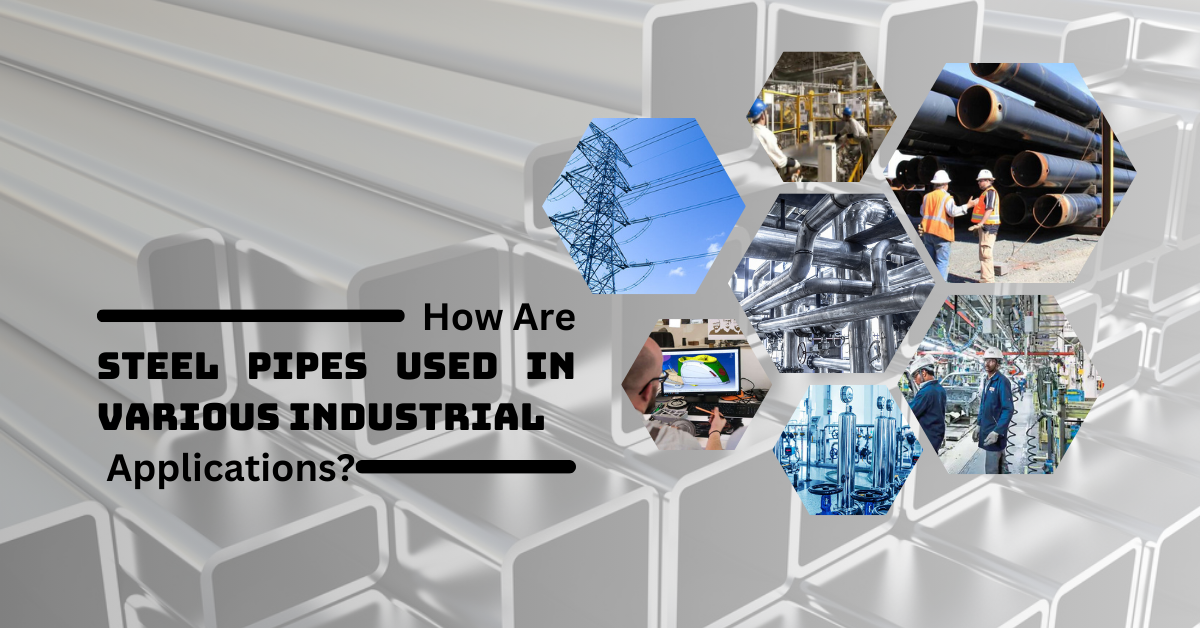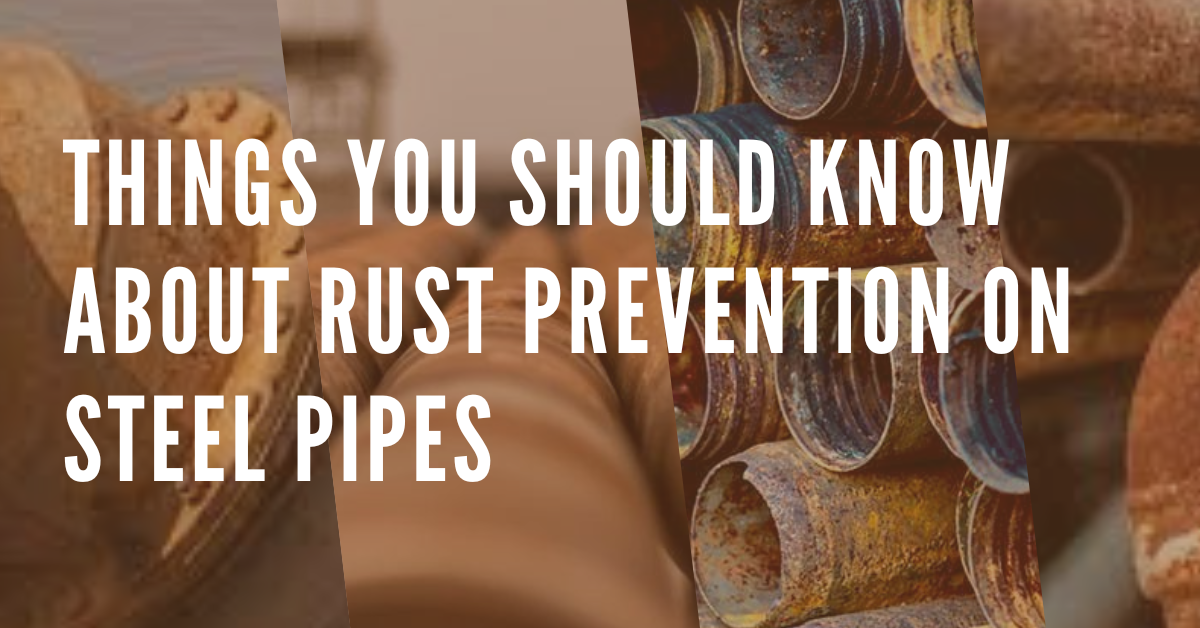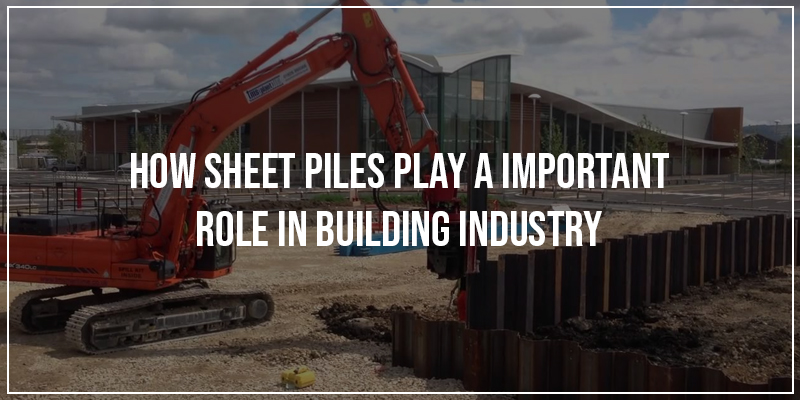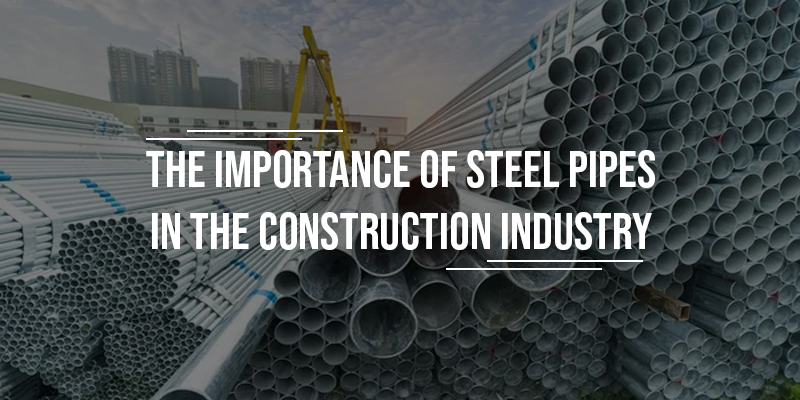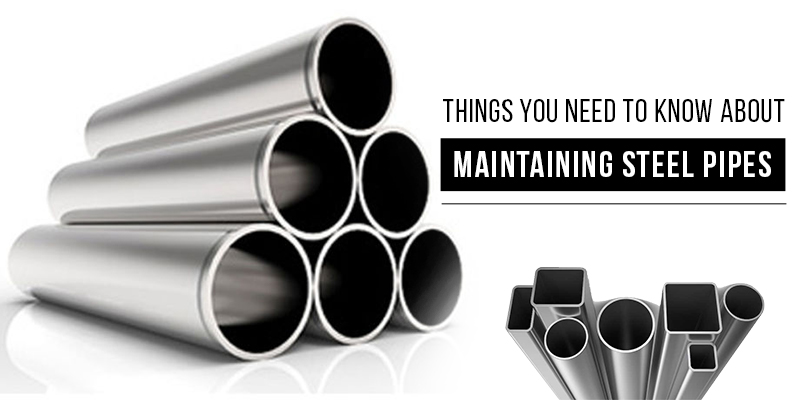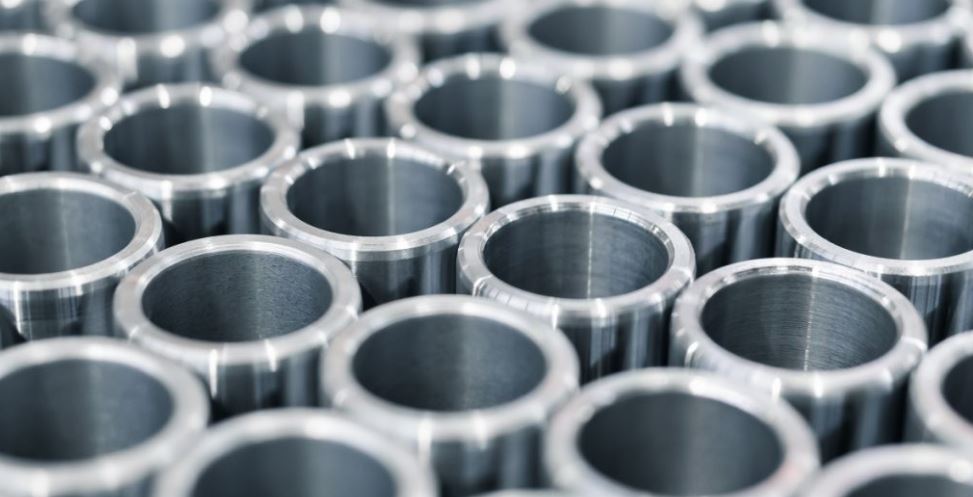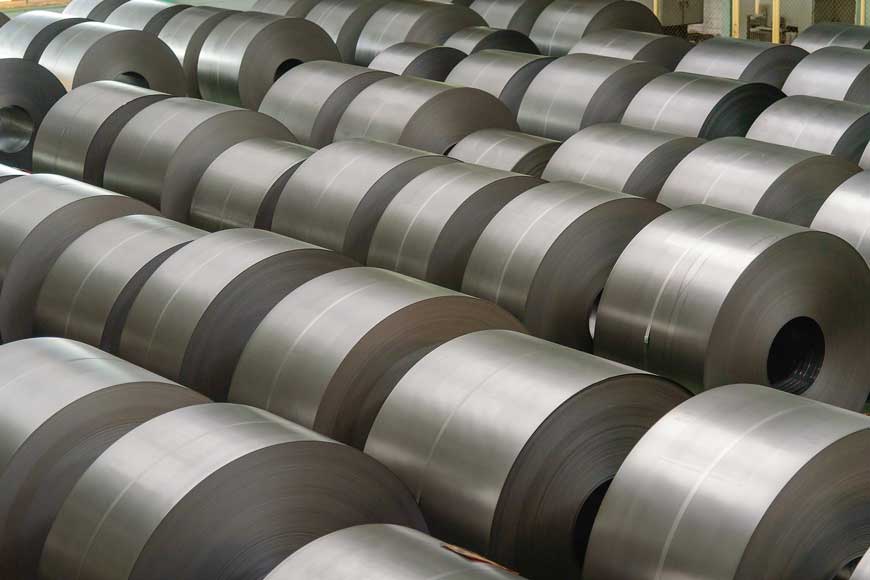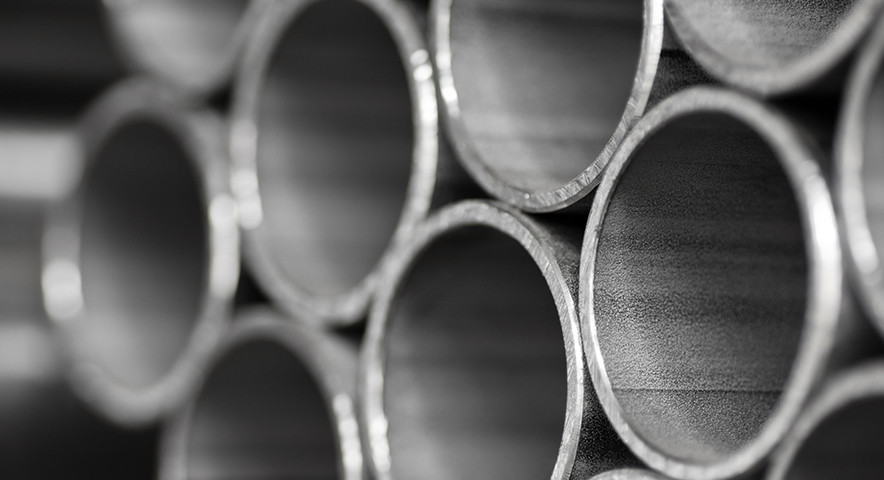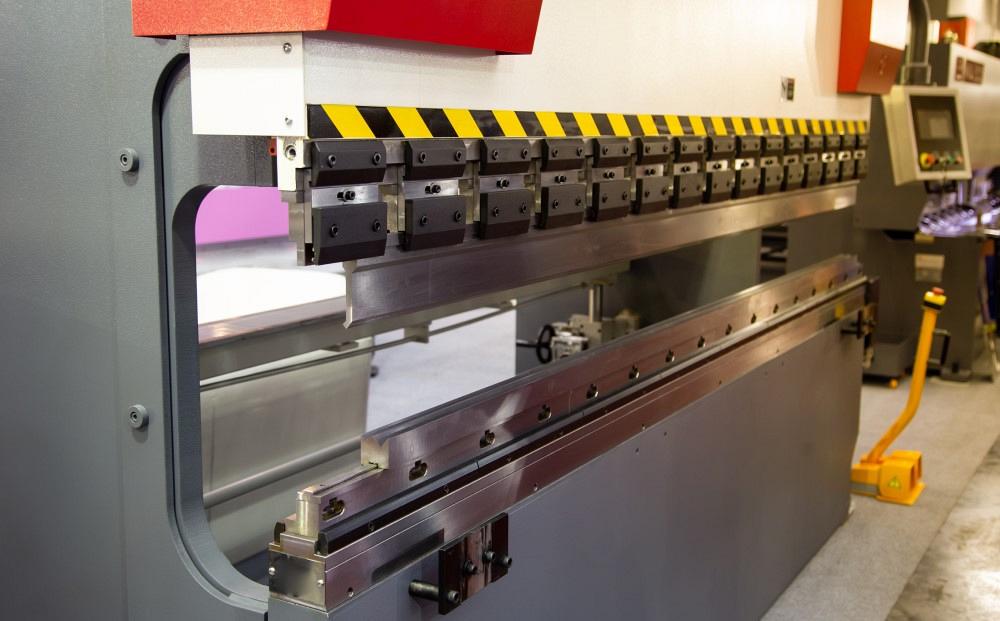Steel pipes from steel suppliers like Bharat Steel are ubiquitous and essential in various industrial applications, offering strength, durability, and versatility that make them indispensable. They are designed in various shapes and sizes to stand against extreme weather conditions. Hence, this blog will explore how steel pipes are used in various industrial applications.
Construction Industry:
Steel pipes are the backbone of the construction industry, used in numerous applications. The steel pipes are employed in building frameworks for their high tensile strength and durability. They offer exceptional structural support to the building including bridges, skyscrapers, and many other large-scale structures.
In addition, these steel pipes are preferred in water supply transmission and sewage systems due to their extreme resistance to corrosion and extended lifespan. They ensure a reliable and safe water distribution network. Steel pipes with SAIL TMT bar are used as piles in construction projects like bridges, highways, and waterfront structures. They are driven into the ground to provide stability and support for foundations.
Oil & Gas Industry:
Given the harsh environments, the oil and gas industry relies heavily on steel pipes. The steel pipes are essential for transporting oil and natural gas from production sites to refineries and distribution points. Their resistance to extreme temperatures and pressures is crucial in this sector.
During oil and gas drilling operations, drill pipes made of steel are used to transfer drilling fluid and extract the core samples. These pipes are designed to endure the stresses of drilling. Steel pipes serve as risers and flowlines in offshore drilling, connecting subsea wells to surface platforms. They withstand the corrosive effects of seawater and harsh marine conditions.
Manufacturing Industry:
In manufacturing, steel pipes are used in various ways. Steel pipes are often utilized to create conveyor systems in manufacturing plants. Their robust nature ensures they can withstand the weight and continuous movement of materials.
Steel pipes are used in heat exchangers in industries where heat transfer is crucial. They efficiently transfer heat, making them ideal for HVAC and chemical manufacturing applications. Steel pipes are vital in producing automotive components, from exhaust systems to chassis and engine parts. Their durability is essential for vehicle safety and longevity.
Agriculture:
Steel pipes are widely used in agriculture for irrigation systems, livestock handling, and other purposes. Steel pipes are employed in irrigation systems to transport water from sources to fields. Their strength and durability make them ideal for both above-ground and underground installations.
Steel pipes are used in livestock facilities to create pens, gates, and handling equipment due to their ability to withstand wear and tear from animals and the elements.
Hence, it is evident that steel pipes are one of the versatile and essential components in various industrial applications due to their unmatched strength, durability, and resistance against weather conditions. Therefore, steel pipes are indispensable for many sectors, from construction to agriculture. Approach Bharat Steel for various steel products such as pipes, channels, angles, MS chequered plate, and many more for quality construction.

